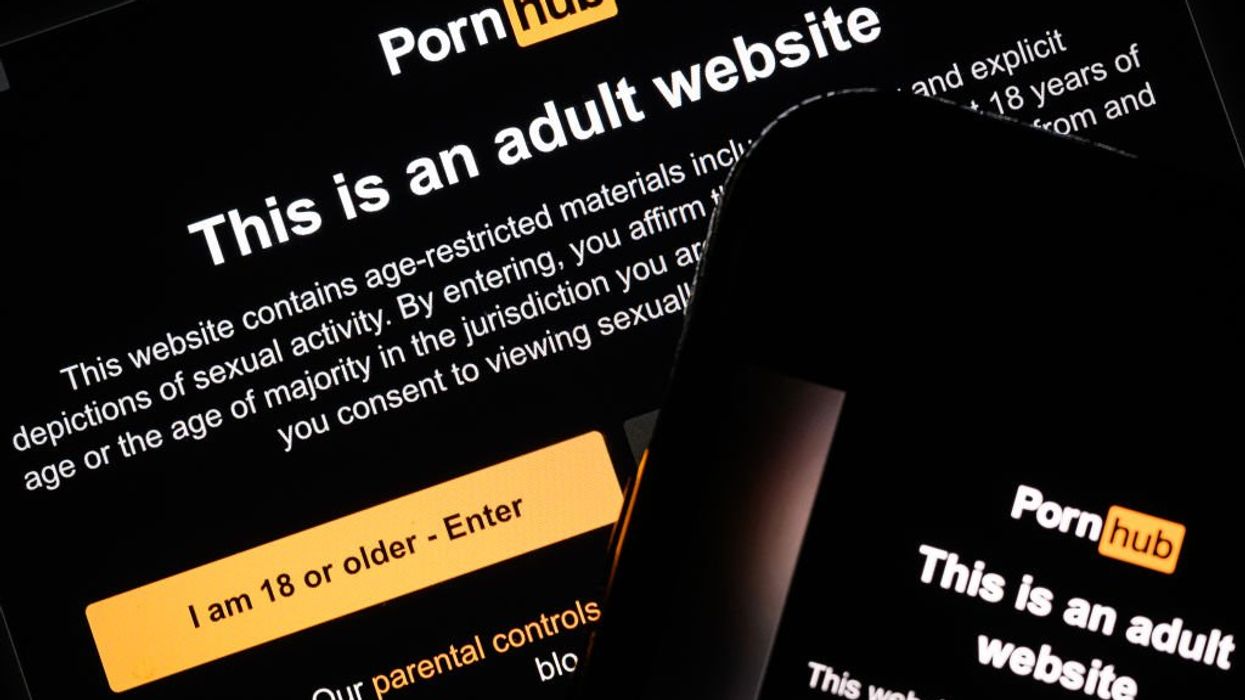
© 2025 Blaze Media LLC. All rights reserved.
You May Now Be Able to 'Opt-in' to Facebook Features Instead of Having to 'Opt-out
November 11, 2011
"...we're failing them."
SAN FRANCISCO (The Blaze/AP) -- It seems whenever Facebook makes a change -- especially to privacy features -- individuals have to manually adjust that setting if they don't like the default. After a nearly two year investigation conducted by the Federal Trade Commission beginning after Facebook changed a privacy setting without users consent, releasing some personal information for anyone on the web to see, a settlement is nearing that would require Facebook to have users opt-in rather than opt-out when making changes that expose their profiles and activities.
Facebook sometimes makes changes that it believes will improve its social network and then leaves it to users to reset the things that they don't like, which many companies introducing a feature or service generally prefer because fewer people take the steps required to get out of the changes. Citing people familiar with the situation that it did not name, The Wall Street Journal said Facebook has agreed to make the changes to resolve the investigation,which started in 2009 after Facebook made changes to automatically display usernames, pictures, hometowns and other personal information to the whole Web audience. As you can imagine, this upset people who had deliberately programmed their privacy settings to confine that information to a specific group of friends or family.
Watch the Wall Street Journal's report:
As part of its proposed settlement, Facebook would also submit to government reviews of its privacy practices for 20 years, according to the Journal.
The audits are similar to the scrutiny that Internet search leader Google Inc. agreed to undergo earlier this year. That agreement settled an FTC investigation into Google's handling of people's personal information in February 2010 when it launched a service called Buzz to counter Facebook. Buzz exposed the email contacts of unwitting users, a breach that the FTC considered to be a deceptive practice.
Google is now in the process of closing Buzz to focus on another social network called Plus that debuted in June.
In an interview with Charlie Rose shown earlier this week, Facebook CEO Mark Zuckerberg said he believes the website's changes over the past year have given users greater control over their privacy.
"I think we're going to need to keep on making it easier and easier, but that's our mission, right?" Zuckerberg told Rose. "I mean, we have to do that because now, if people feel like they don't have control over how they're sharing things, then we're failing them."
Want to leave a tip?
We answer to you. Help keep our content free of advertisers and big tech censorship by leaving a tip today.
Want to join the conversation?
Already a subscriber?
more stories
Sign up for the Blaze newsletter
By signing up, you agree to our Privacy Policy and Terms of Use, and agree to receive content that may sometimes include advertisements. You may opt out at any time.
Related Content
© 2025 Blaze Media LLC. All rights reserved.
Get the stories that matter most delivered directly to your inbox.
By signing up, you agree to our Privacy Policy and Terms of Use, and agree to receive content that may sometimes include advertisements. You may opt out at any time.






